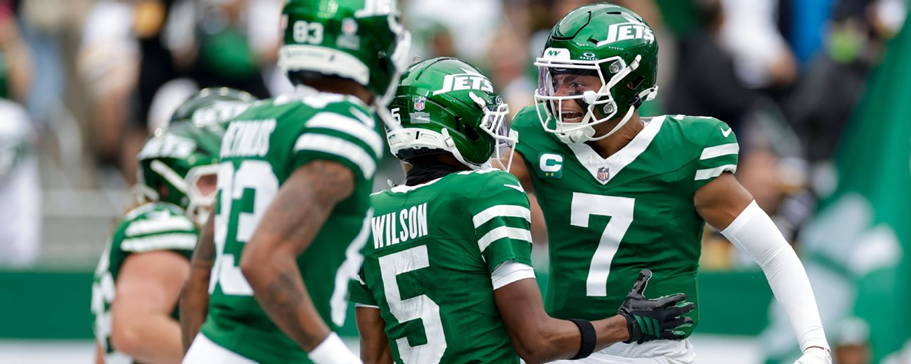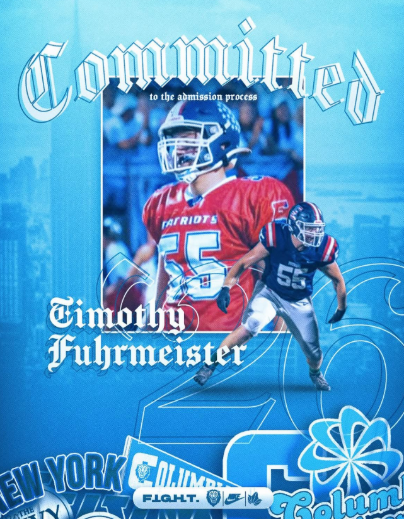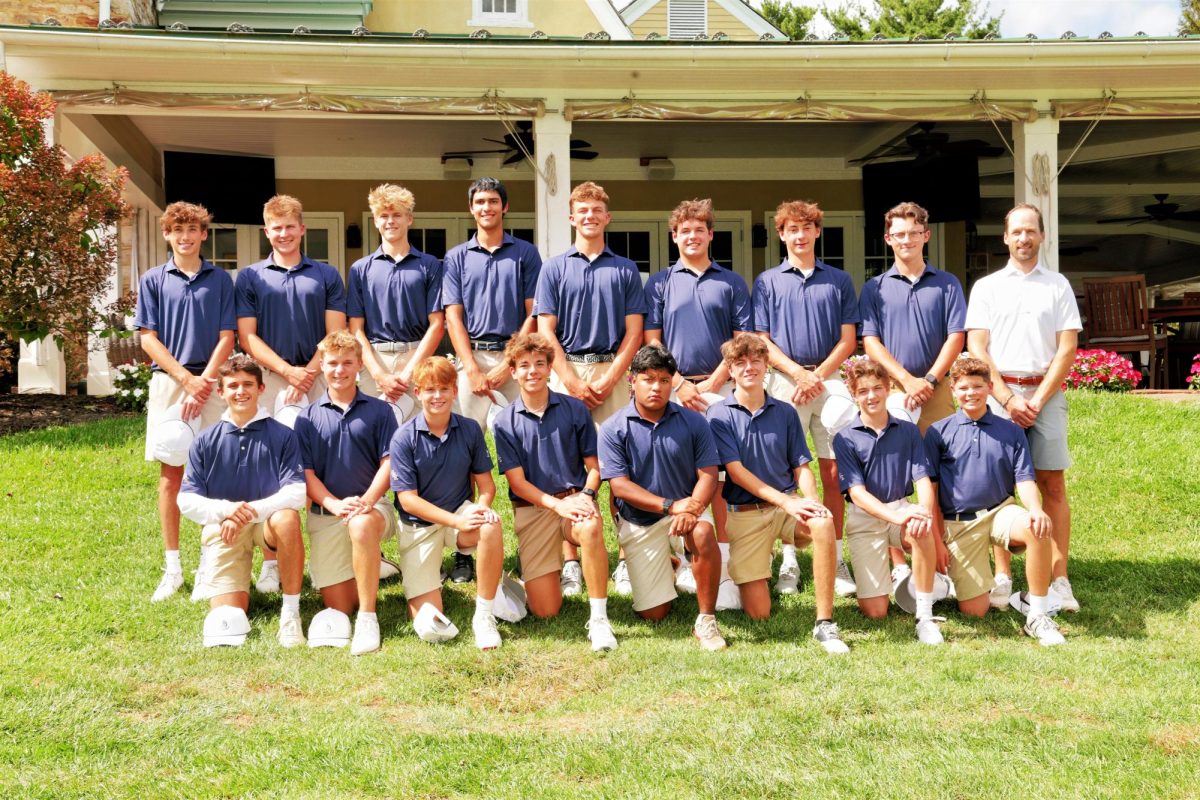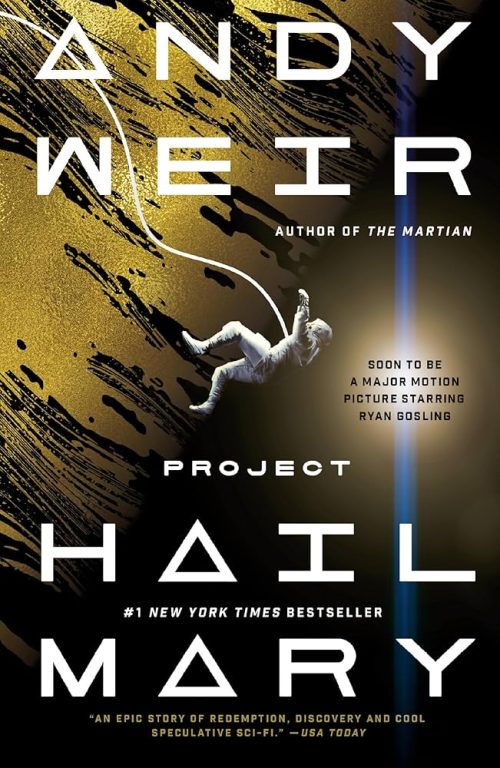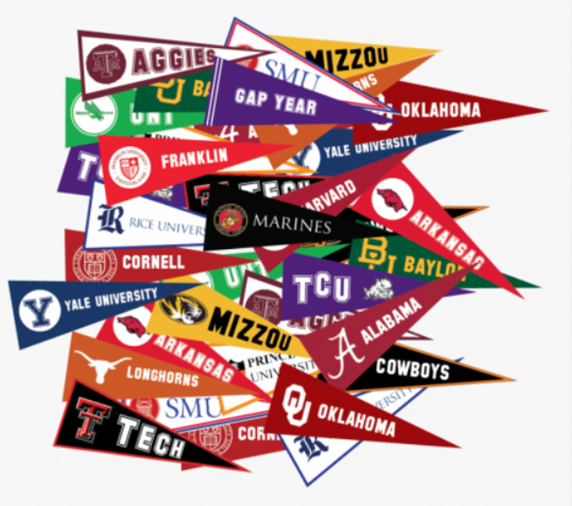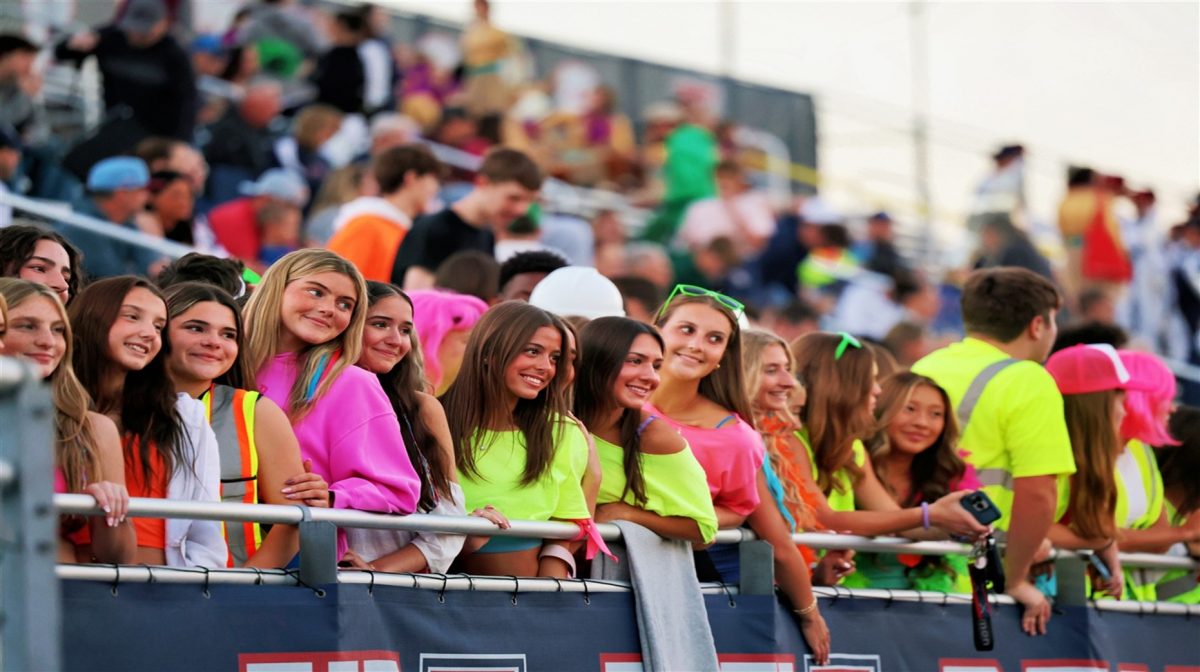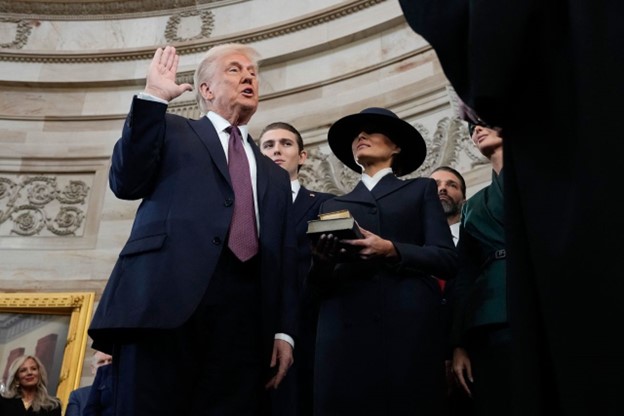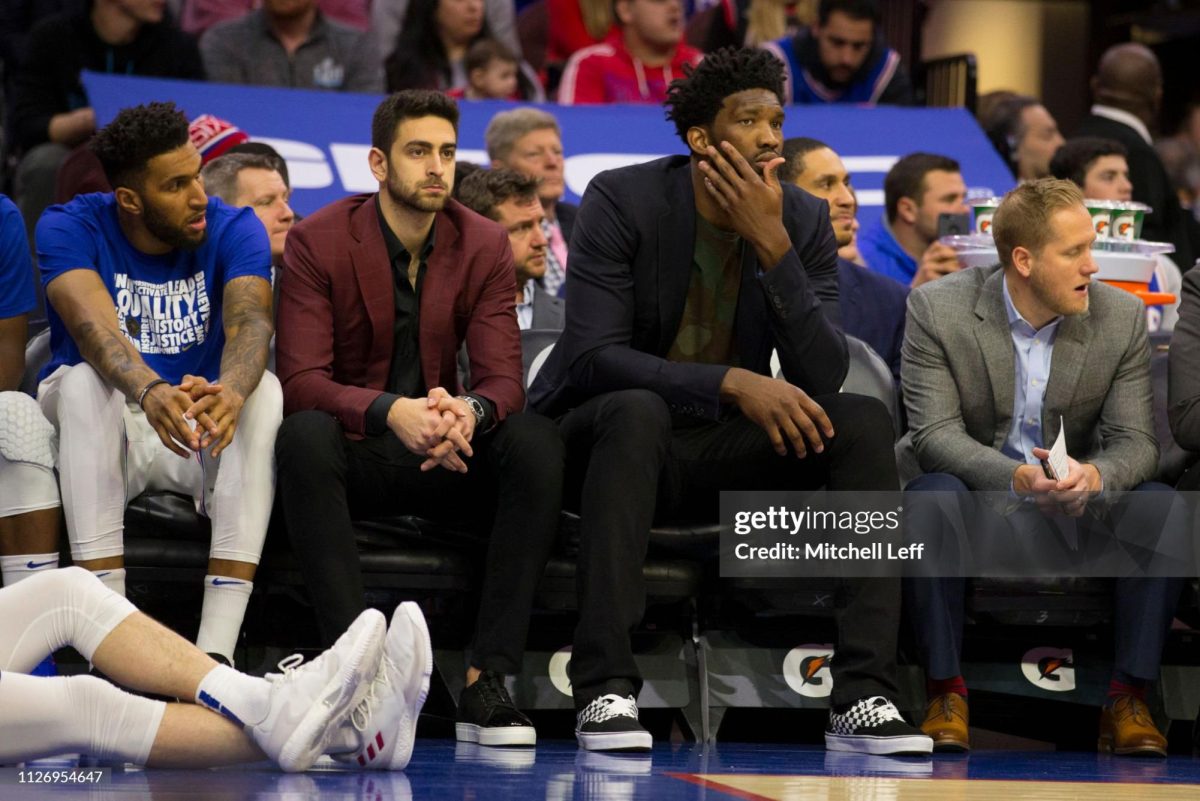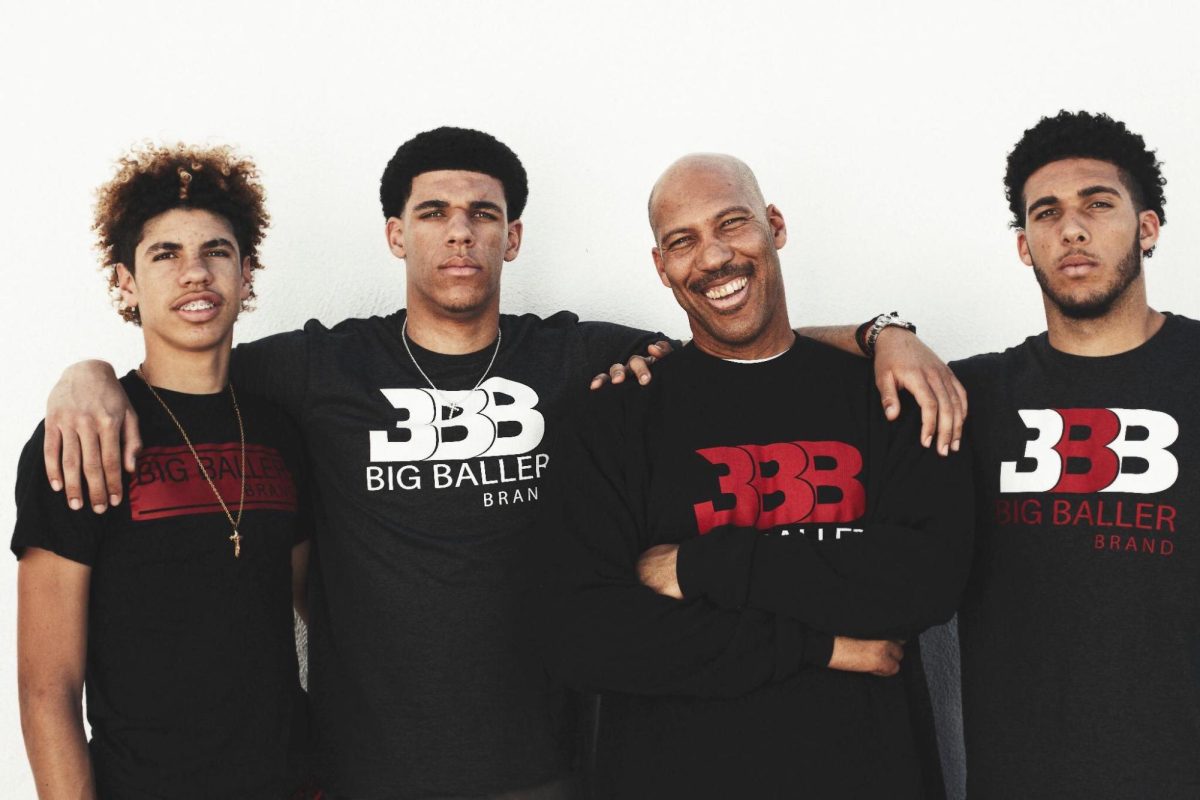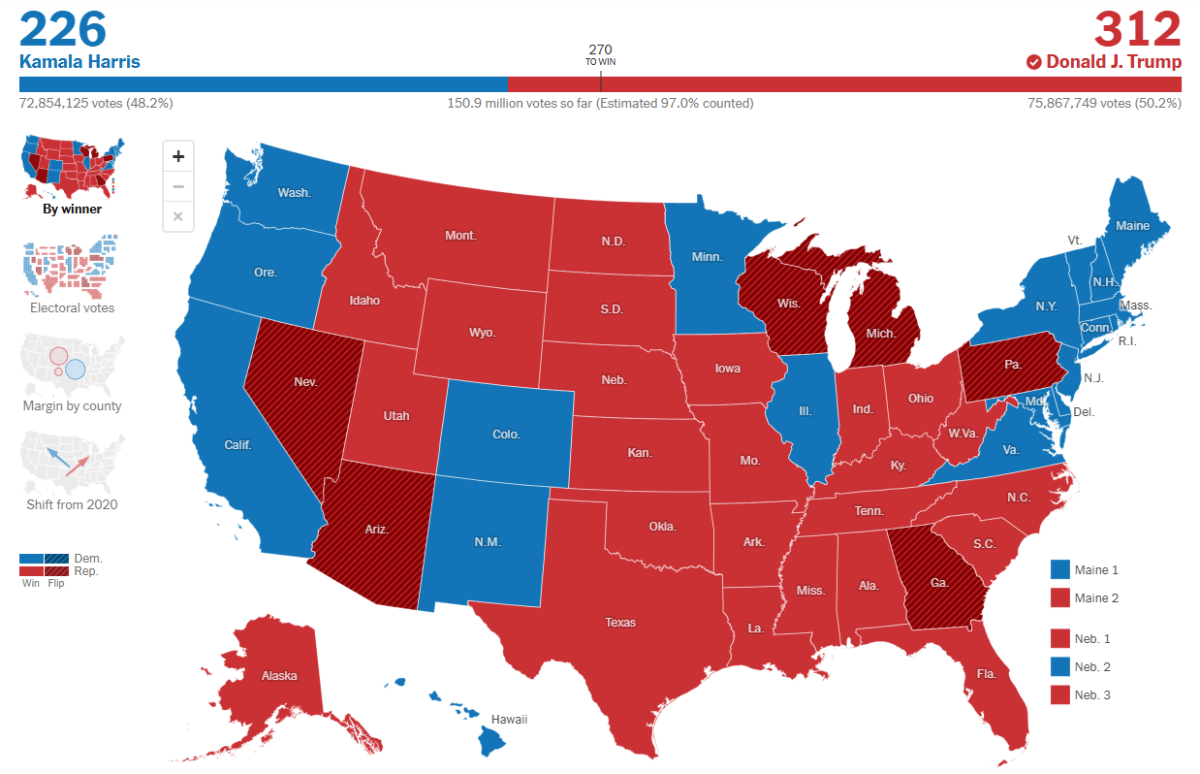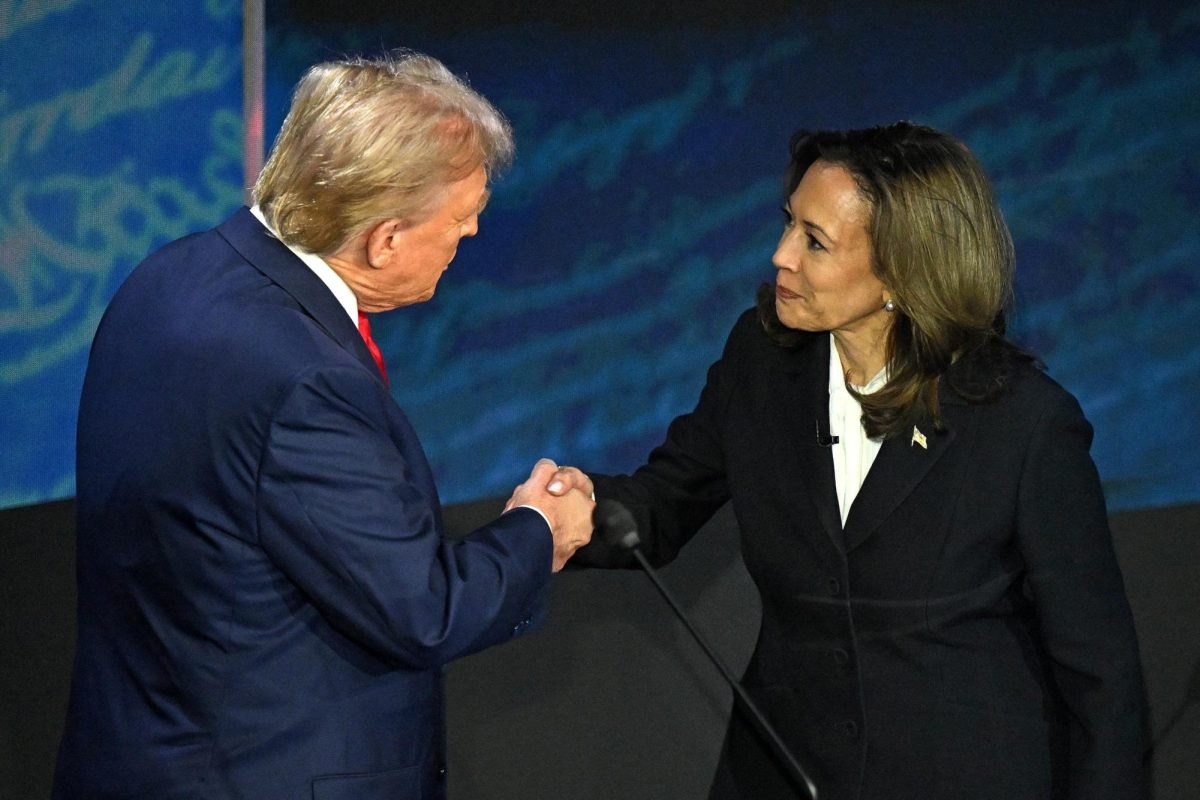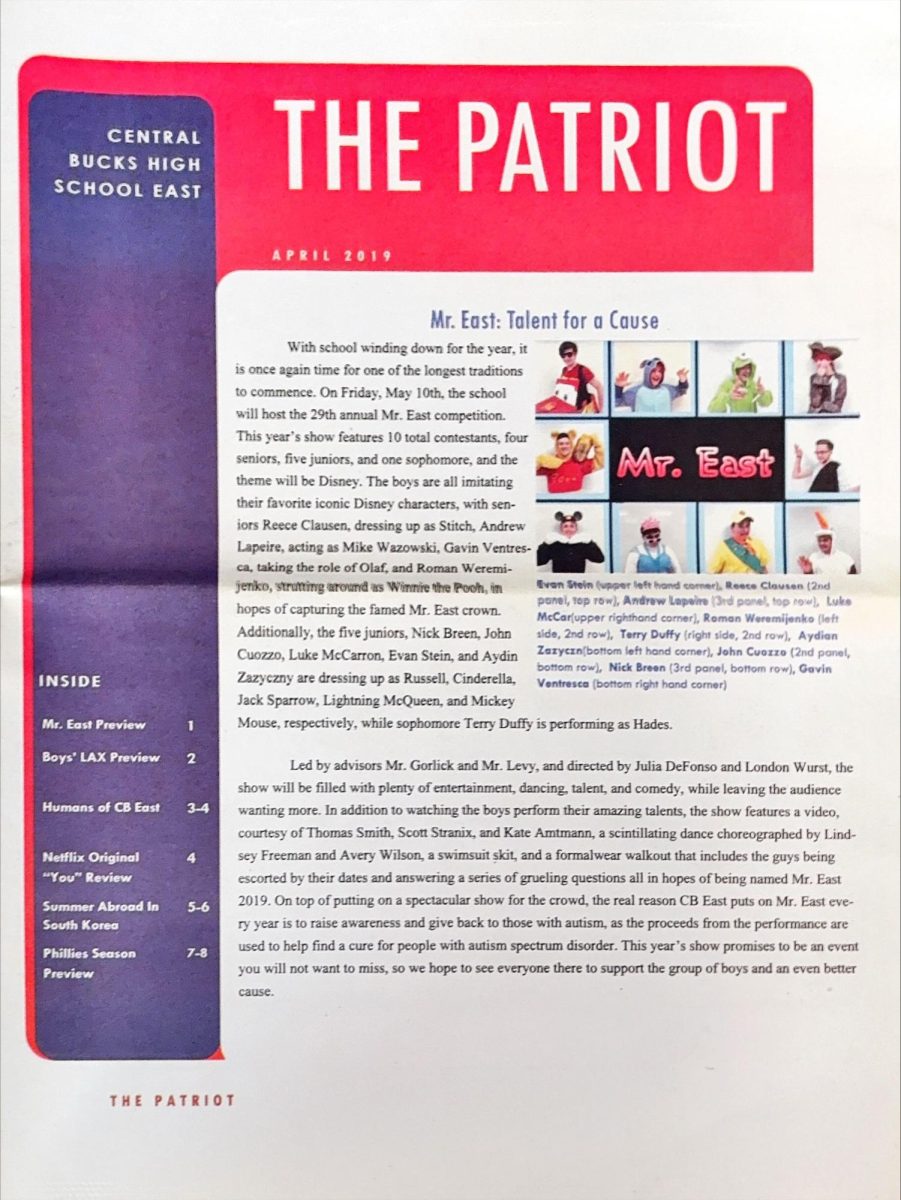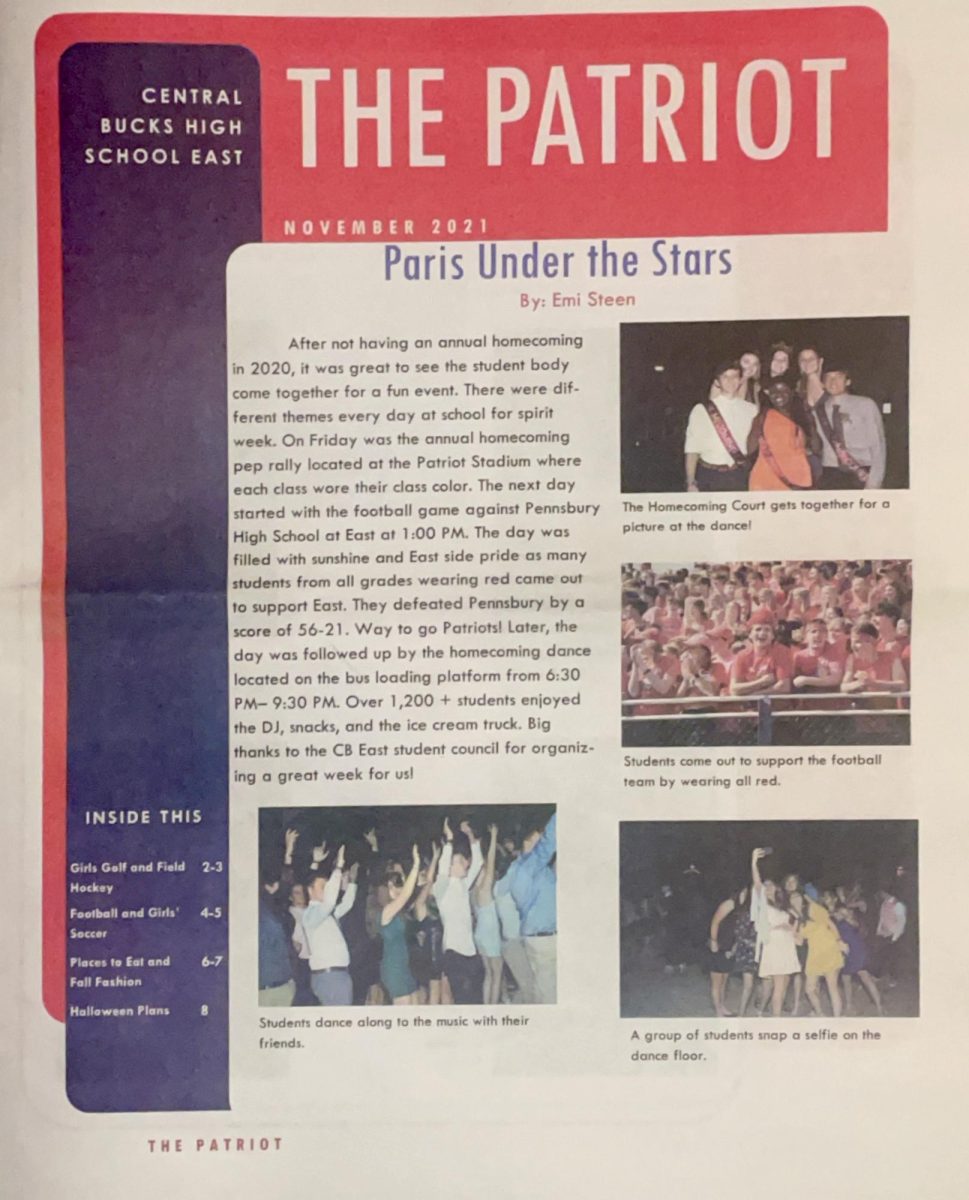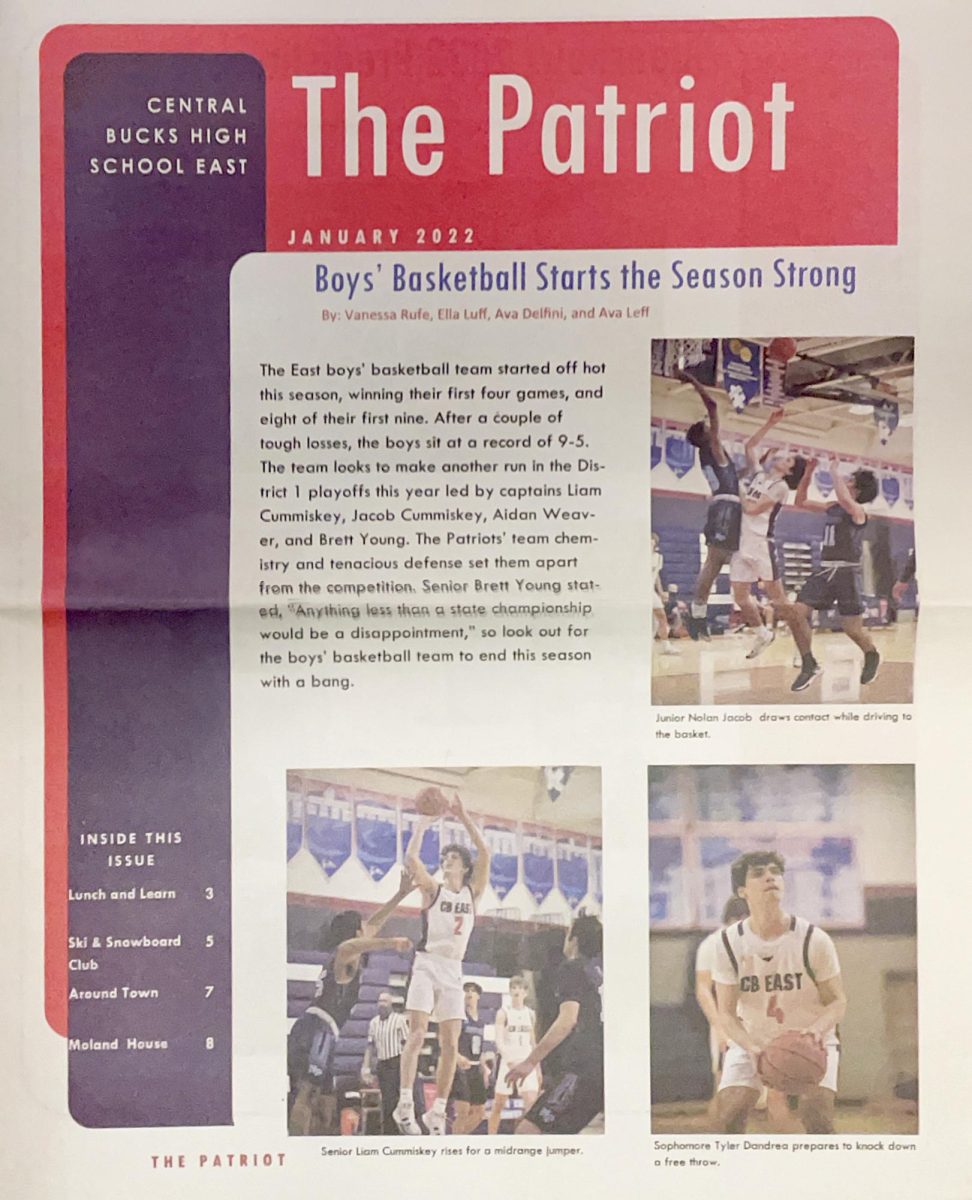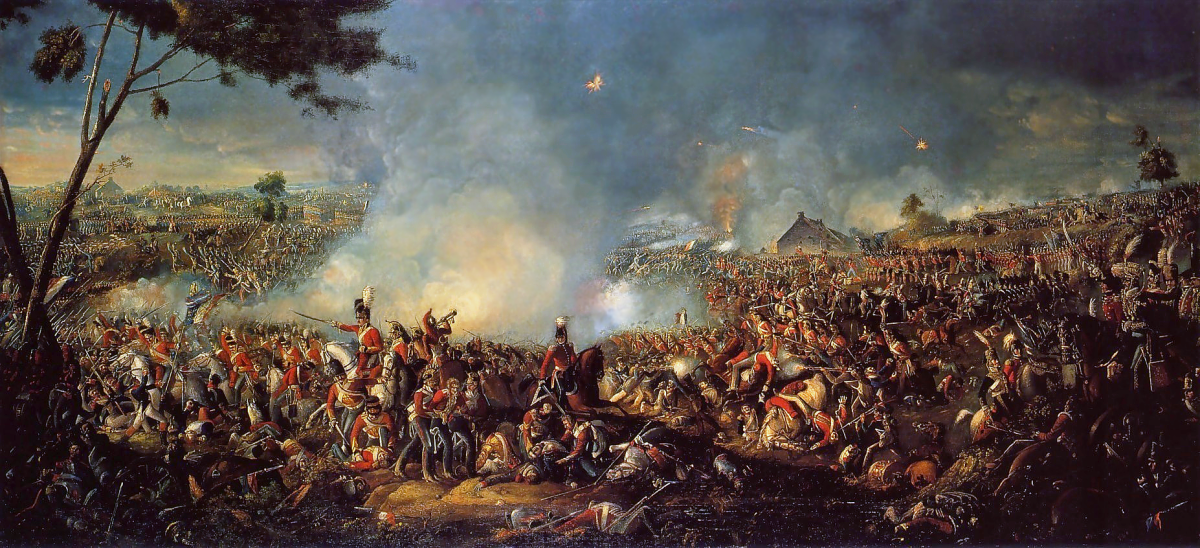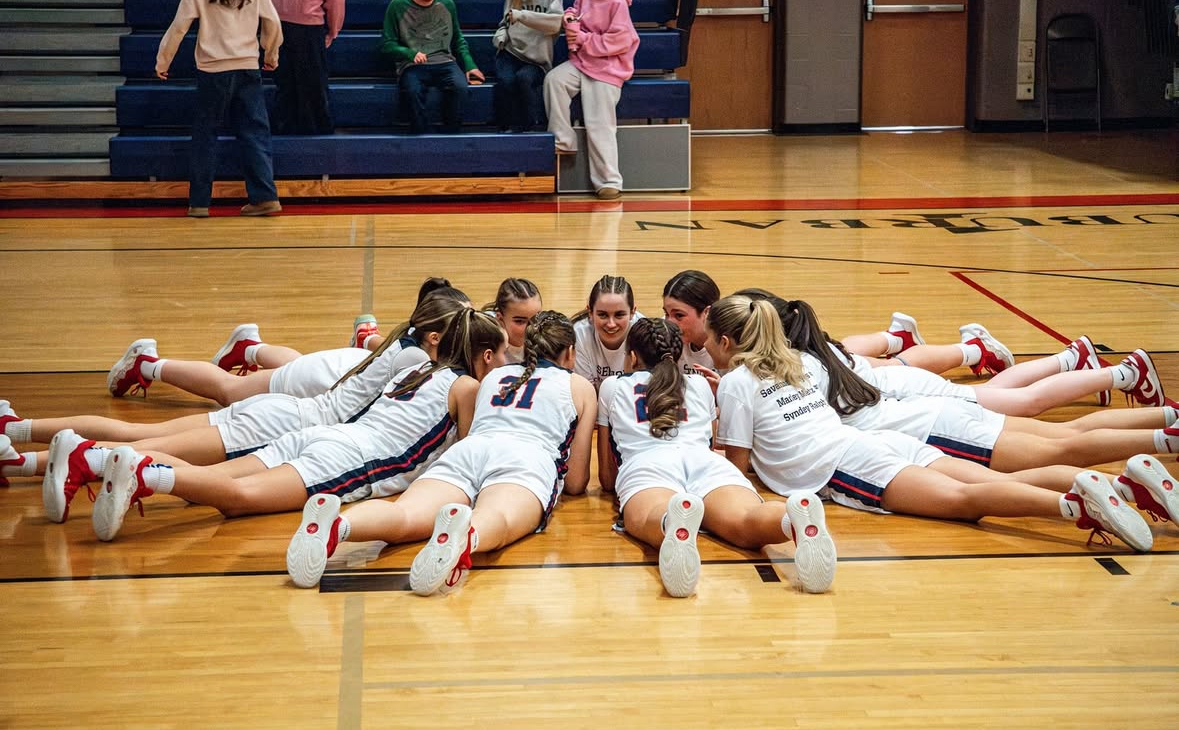The NBA, once the undisputed king of basketball leagues worldwide, is facing a troubling decline. The league’s viewership has plummeted, and the absence of key players due to injuries and load management has left fans feeling disconnected. The once-thrilling spectacle of NBA games now seems lackluster, with a noticeable drop in excitement and engagement.
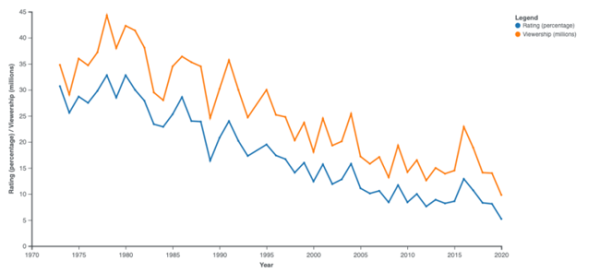
One of the most significant factors contributing to this decline is the lack of participation from star players. Fans have grown accustomed to seeing their favorite players on the court, but injuries and strategic rest periods have kept many of them sidelined. This has led to a decrease in the overall quality of play and a sense that the games are less competitive and engaging. The trend of load management, where players are rested for certain games to preserve their health for the playoffs, has particularly irked fans who pay top dollar to watch these stars perform. Students and staff of CB East have shared some recent thoughts and feelings regarding the situation. “I think the league has been a players’ league for a while,” Mr. Gorlick said. “It has affected my will to attend games because it’s not as exhilarating and exciting when players are getting paid millions to sit on the bench.
Despite these challenges, there is a glimmer of hope in the form of Bronny James, the son of NBA legend LeBron James. Bronny has garnered significant attention, leading the All-Star voting as of now, even though his performance has been just okay. His impressive popularity and growing fan base have given fans something to look forward to, and he represents the future of the NBA. However, his lead in the All-Star voting over established stars like Luka Dončić, who has been performing at an elite level, raises questions about the current state of the league. Matt Karpinski says, “I used to love going to NBA games with my papa, but now I can’t even watch it without getting bored and wanting to blast blocks.”
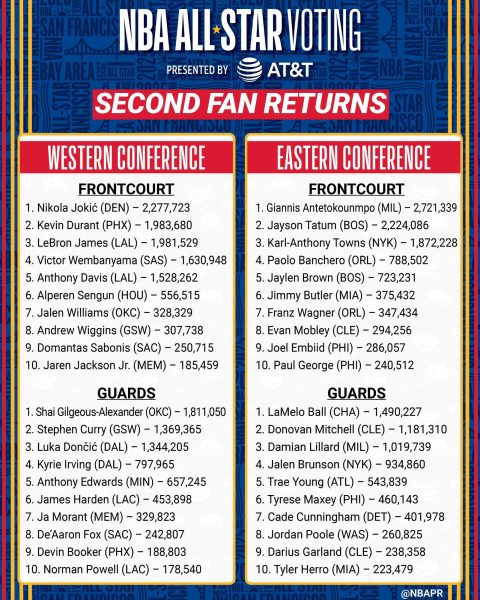
The fact that Bronny James is ahead of Luka Dončić in All-Star votes, despite Dončić’s stellar performance this season, highlights a crucial aspect of the NBA’s current state: it is a players’ league. The success and popularity of the league heavily depend on the star power and charisma of its players. While this can be beneficial, it also means that popularity contests can overshadow actual performance, affecting the integrity of the game. The NBA’s heavy reliance on its stars can be a double-edged sword, as the league struggles to maintain its appeal and attract viewers when these key figures are absent.
The NBA’s business model has increasingly focused on marketing individual players rather than teams, creating a celebrity culture that sometimes undermines the competitive spirit of the game. This shift has led to a scenario where the presence of certain players becomes more critical than the overall quality of the basketball being played. Fans are drawn to the personalities and stories of these players, which can sometimes lead to inflated voting numbers in fan-driven events like the All-Star game.
Moreover, the rise of social media has amplified this trend. Players now have direct access to millions of fans, allowing them to cultivate personal brands that can significantly influence public perception. While this has made the NBA more accessible and engaging for a global audience, it has also created an environment where popularity can sometimes trump merit.
In conclusion, the NBA is at a crossroads. The decline in viewership and the absence of star players have created a challenging environment for the league. However, the emergence of young talents like Bronny James offers hope for the future. The NBA must find a way to balance the health and participation of its star players while nurturing the next generation of basketball superstars. Additionally, the league should strive to ensure that merit and performance remain central to its identity, preserving the competitive integrity that has been the hallmark of professional basketball.
The NBA’s ability to adapt and address these issues will determine its future trajectory. By fostering a culture that values both star power and team dynamics, the league can rekindle the excitement and engagement that has defined it for decades.

